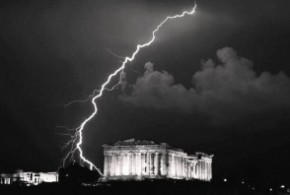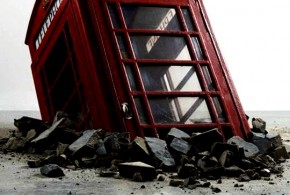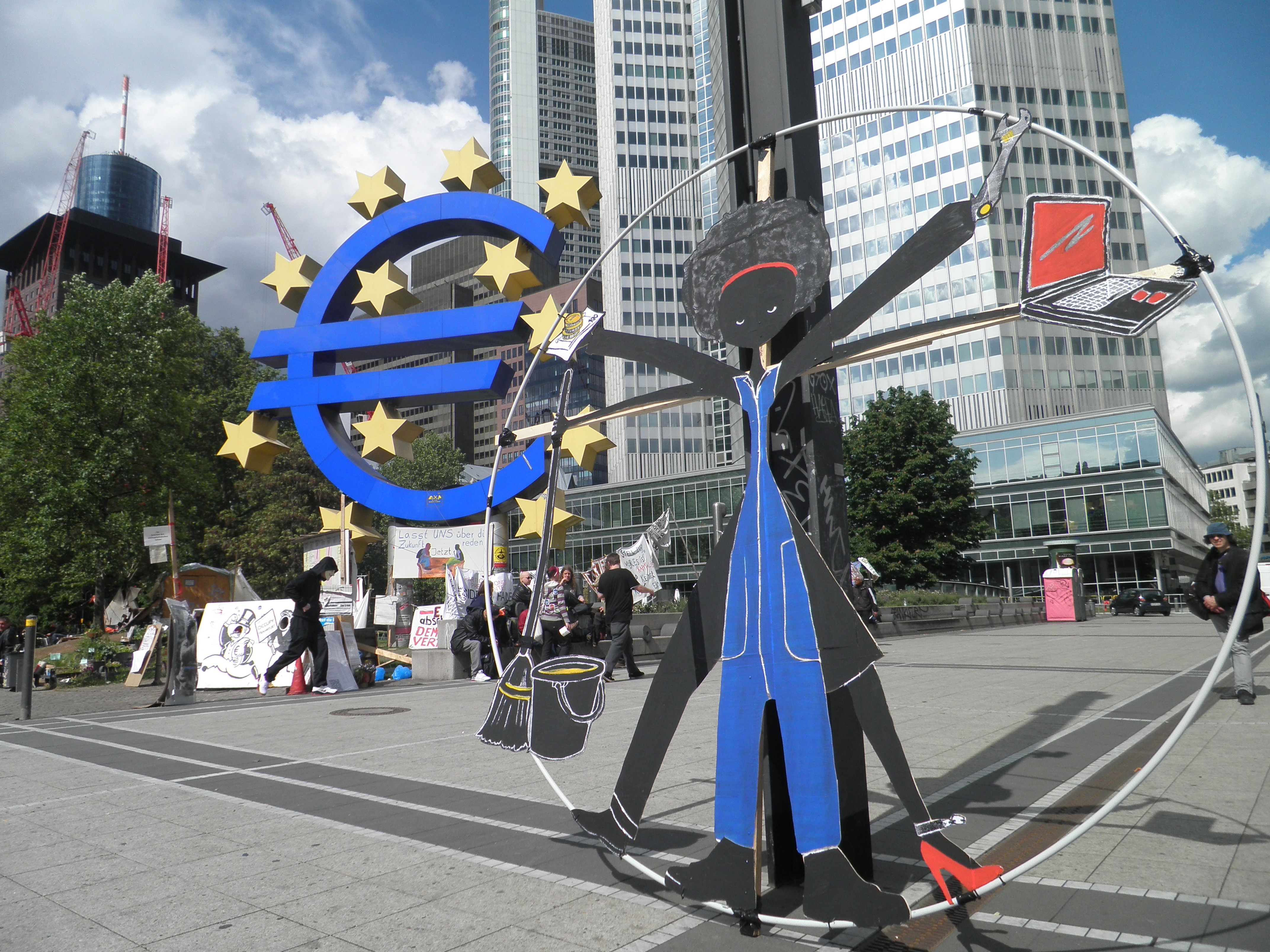by ISMAIL KÜPELI – Porto Updating and revision of the article published in the October edition of Analyse&Kritik As in March 2012, only the CGTP, the communist trade union, called the strike on the 14th November, after the Spanish trade unions and the European Trade Union Confederation called for a day of mobilization for the 14th of November. The social-democratic …
continua a leggereglobal di∫connections
Madrid: movimientos complejos de una huelga en el tiempo
DAVID GARCÍA ARISTEGUI – Solidaridad Obrera, Madrid Este 14N ha sido convocado por casi todo el espectro del sindicalismo. Puede que haya una percepción distinta para la izquierda de fuera de España, ya que medios bastante influyentes en lo que llamamos, por simplificar, movimiento 15M – como Diagonal o Madrilonia – han intentado minimizar el papel de los sindicatos y …
continua a leggereGeneralstreiks sowie Massenproteste in Portugal… und die Grenzen der Mobilisierungen
von ISMAIL KÜPELI – Porto Überarbeiteter Artikel, der zuerst in der Oktoberausgabe von analyse & kritik veröffentlicht wurde Wie bereits im März 2012 hatte lediglich die CGTP, die kommunistische Gewerkschaft, zum Streik am 14. November aufgerufen. Der sozialdemokratische Gewerkschaftsverband UGT hatte im Vorfeld erklärt, dass er sich nicht beteiligen wird. Nachdem spanische Gewerkschaften ebenfalls für den 14. November zu einem …
continua a leggereNovember 14: to be counted en mass and not back down
by CHRISTOS GIOVANOPOULOS – Dikaioma, network of precarious and unemployed workers, Athens ∫connessioni precarie asked Christos Giovanopoulos from the Dikaioma network in Athens for a contribution to the debate on the European situation towards November 14. This is not only a correspondence, but the beginning of a dialogue which hopefully will continue, and which aims to build up connections around …
continua a leggereRiots in black and white. London, one year after
by GABRIELLA ALBERTI – Precarious Workers Brigades, London If I go anywhere I’m [treated like] a black man that came here 60 years ago … they see me as an immigrant and you can feel the subconscious racism everywhere. You can feel it and you see the way they look at you … it is what it is. There’s nothing …
continua a leggereWomen that show the way. A conversation with Zehra Akbar Khan of the HBWWF, Pakistan
We have already connected with the important experience of the HBWWF, the first union which organizes the home based women workers in Pakistan and which has been formally recognized by the government after a huge campaign that has involved a ever-increasing number of workers since 2006. Today we are proud to publish an interview with Zehra Akbar Khan, general secretary …
continua a leggereBlockard from Frankfurt. It was worth it being here
«There’s no more money here in Frankfurt», a comrade told us at the end of the march. It seems that even in the outer parts of the city the banks are closed, worried about the arrival of demonstrators from all over Europe. Despite the methodical actions of the police against the mobilization in the first two days, Saturdays demonstration leaves …
continua a leggereLearning from Oakland: Rise up Together to Make the Difference!
We are proud to publish a report on the Oakland general strike written by Kimi Lee, woman, mother, migrant and activist of the collectives Colorful Mamas of 99% and LeftBay99, the latter born as a space for organization within the #occupy movement, after the strike was launched. It is an enthusiastic and sincere report. We have a lot to learn …
continua a leggereFrom precarious workers to precarity: to say both farewell
The issue of “precarity” has become central to all debates regarding labour, economics and society. The category of precarious workers is associated with those who work with limited-time contracts, people hired through employment agencies or people who have no contract whatsoever… In this way “the precarious” tend to be more discussed than precarity itself. They are regarded as an isolated …
continua a leggereAn inextinguishable debt
Debt is the form of war in the era of precarity. Like every war it concerns everybody, but does not affect all in the same way. We have always opposed war as the unmotivated destruction of life of millions of proletarians. Today we reject debt because of its destructive action on the lives of millions of precarious workers. However must …
continua a leggere ∫connessioniprecarie connettere gli ∫connessi, produrre comunicazione
∫connessioniprecarie connettere gli ∫connessi, produrre comunicazione








